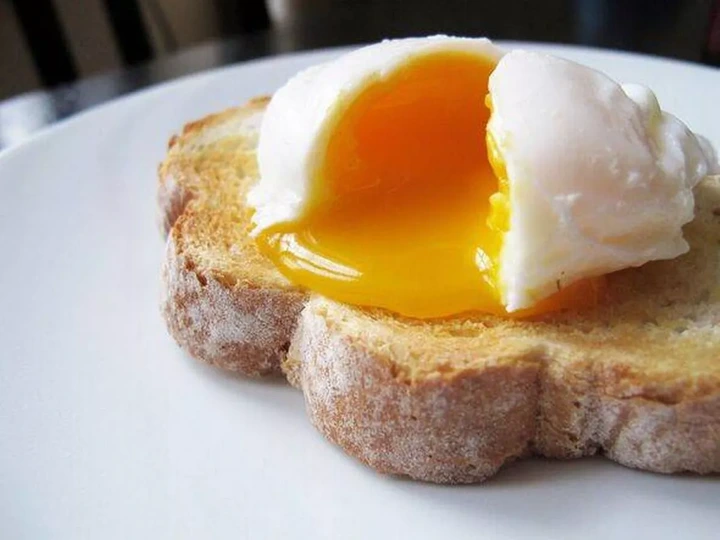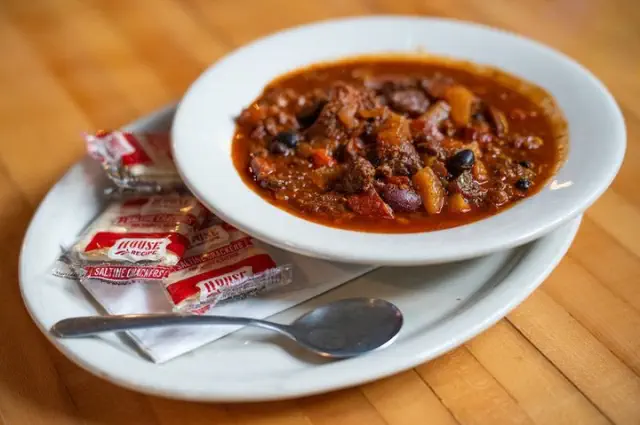Rich in protein, vitamins, and healthy fats, eggs offer a nutritious and cost-effective option for any diet. Whether your goal is to build muscle, maintain satiety, or simply enjoy healthy eating, eggs fit the bill perfectly.

View pictures in App save up to 80% data.
Eggs are the unsung heroes of the British breakfast table. They’re packed with protein, vitamins, and all sorts of goodness, but over the years they’ve been given a bit of a rough ride. With their cholesterol content many have tried to cut them out. According to the Telegraph, the truth is, eggs should definitely be part of your regular diet.
A large egg delivers a substantial 7.5g of protein while containing less than 80 calories. They serve as a complete source of essential amino acids, providing many nutrients your body requires, including vitamins such as B12, vitamin D, and choline. Whether you're looking to build muscle at the gym or simply want a quick and satisfying meal, eggs are among the most effective and budget-friendly options to meet your protein needs. Dismiss the outdated notion that eggs are detrimental to heart health. “Eggs have received a lot of unfair criticism over the past few decades, but none of it holds any truth,” states Rhian Stephenson, a registered nutritionist.
Certainly! As with most things, balance is essential. Specialists suggest limiting egg consumption to one or two per day, allowing you to reap the benefits without excess. If cholesterol is a concern for you, consider using egg whites instead; this way, you can still obtain a good amount of protein while avoiding the additional fat found in the yolk.
Caroline Farrell, a licensed nutritionist, stated: “Research indicates that for the majority of individuals, dietary cholesterol has a negligible effect on blood cholesterol levels. Rather, it is saturated and trans fats,” found in items such as cakes, cookies, and pies, “that play a more significant role in increasing ‘bad’ LDL cholesterol.”

View pictures in App save up to 80% data.
What’s the most effective method for preparing them?
When it comes to preparing eggs, simplicity is key. Opting for poached or boiled eggs is a great choice since they are low in both calories and fat. Poaching stands out as the healthiest method, requiring no added oils or fats, while still preserving all the essential nutrients.
Boiling is definitely a strong contender, but if you're looking to elevate your cooking, it's worth noting that scrambling or frying can also be a healthy option, provided you use high-quality oil or butter.
No need to fret – frying eggs in butter is surprisingly lower in fat compared to using olive oil! If you desire crispy eggs, it's best to choose avocado oil or olive oil, as they are more suitable for cooking at high temperatures.
Organic or pasture-raised?
If you're planning to indulge, consider choosing organic or free-range eggs. These options tend to have higher levels of omega-3 fatty acids and vitamin D, as the hens are allowed more time outdoors. Additionally, if possible, obtaining eggs from a local source or a friend with backyard chickens is a fantastic choice.
Whether you prefer them poached, scrambled, or fried, just keep in mind that eggs can be part of a healthy diet when enjoyed in moderation.










